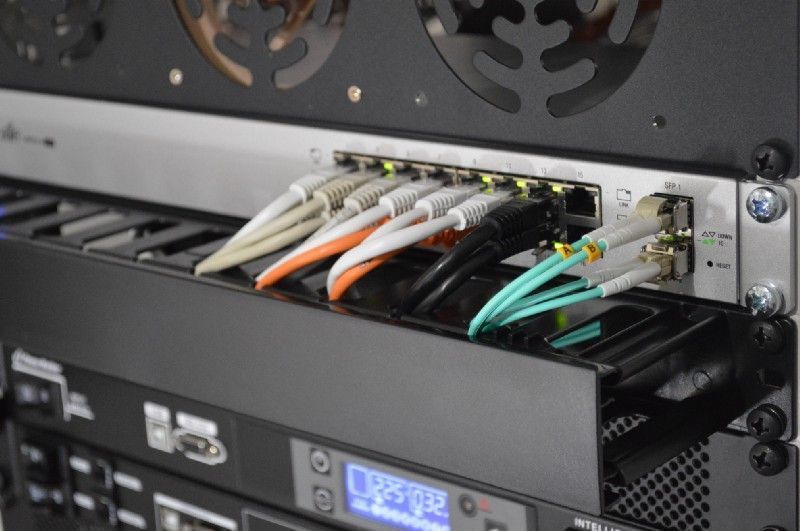Your First Homelab Guide

homelab is a simple concept of self-hosting services on your local network and it can be built easily using an old computer, laptop or a raspberry Pi and some old hard drives.
these services can be anything from a media server to a password manager, your own website server, a network share, etc.
why?
we’re too far into the future to have dumb devices not working together.
a service like plex can give you access to your media library throughout the network. download a movie on your homelab and watch it on your phone, on your TV, on your laptop.
you can offload your torrenting to a separate machine and manage it remotely instead of having to copy things over usb. you can have a backup server where your data lives and automatically syncs to your google drive.
you can even host your own website.
what do you need?
a computer or a laptop or raspberry Pi connected to your network through ethernet.
ideally some hard drives (make sure there’s nothing important on these as these will have to be wiped clean)
a flash drive
how do you get started?

head over to openmediavault.org and download the ISO.
download Rufus.
using Rufus, burn the openmediavault (omv) ISO on the flash drive and plug it in to your computer and set it to boot using USB.
follow the prompts and install OMV.
once that’s done, add your hard drives, set up Transmission for remote torrent management, Plex for a media server, Samba for sharing your drives on the network, and explore other plugins to add functionality as required.
word of caution, the raspberry pi will probably give you undervoltage warning if you connect an unpowered USB hard drive to it and it might struggle with transcoding videos for plex. so although it may be a good start to get a hang of things if you have one lying around, it is ideal to have any old computer or discarded laptop be your server.
so here’s a scenario of what’s possible if you dive deep enough. imagine giving your sibling/spouse access to Ombi where they request that they want to watch the latest Spiderman Movie.
ombi will forward the request automatically to Sonarr/Radarr, where it will find a good torrent, forward it to Deluge to automatically download and make it available over the network through Plex all while keeping you updated over all this activity using a Discord bot.
what’s next?
once you feel confident enough, upgrade to a hyervisor like Proxmox and self host your mind out. here’s a rundown of some of the service I self-host to give you ideas of what’s possible.
plex (netflix for your home media)

deluge (remote torrent management)

pihole (local dns resolver with ad block and privacy filters)

uptimeKuma (bot that checks if all my services are running smoothly)

samba (Windows network share service)
homeassistant (smart home automation)
duplicati (Automatic backups to google drive or any other service — local or cloud)
sonarr / radarr (automatic movie / tv show downloader)
vscode (IDE)
grafana + prometheus (logging)
nextcloud (personal cloud storage)
traefik (reverse proxy with self hosted SSL)